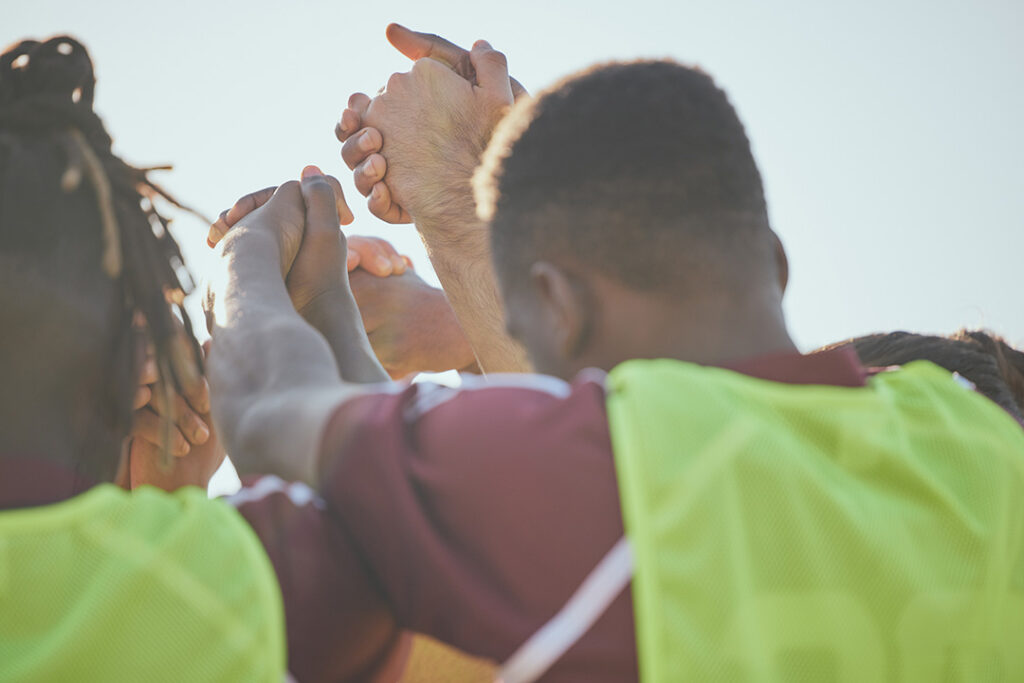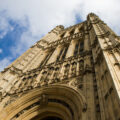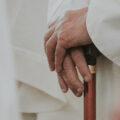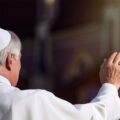The complex relationship of religion and sport in Europe
The complex relationship of religion and sport in Europe
As sports gained prominence in Europe over two centuries, how has its relationship with religious beliefs and practices evolved?
The relationship between religion and sport in Europe has evolved significantly over the past 200 years.[1] While once in opposition, religion and sport eventually began to support each other before sport supplanted religion in many people’s lives. Today, sport has become a powerful force in society, offering a sense of identity and belonging that traditional religion has also provided to many individuals.
Hugh McLeod, Emeritus Professor of Church History at the University of Birmingham, describes how a rapprochement between religion and sport emerged in the late Victorian era, with churches promoting ‘good’ sports like cricket and football. Sports became an integral part of the curriculum in British private schools in the 1850s, attended by many future Anglican clergymen who would later bring their passion for sport to their parishes. Church involvement in amateur sports peaked in the 1920s and 30s but declined after the Second World War, with a more rapid decline in the 1970s and 80s.[2]
Faith in modern sports
Author Gerard Gallagher points out that despite this decline, religious influences remain strong in the lives of many elite athletes, who rely on their faith to cope with their profession’s physical and mental demands. Gallagher, who works with the Association of Leaders of Missionaries & Religious of Ireland and is the author of ‘Faith: In Search of Greater Glory in Sport’, notes that the sports chaplaincy movement in Ireland has grown significantly since the 1990s, providing personal support to athletes and reflecting the importance of religion in their lives. In addition, Gallagher highlights the emergence of Muslim cricket leagues and other Muslim sporting organisations in Britain in response to racism, discrimination, and the drinking culture in some sports.[3]
Gallagher emphasises that sport has the capacity to bring people together, crossing barriers, uniting spectators and participants, and for some observers, replacing the religious experience. He states, “Sport gives hope. Sport can help us live a better tomorrow. It can bring individuals meaning. It can strengthen a community. Sport has a deserved place in civic society.” However, he also notes the potential for tensions and violence. The historic rivalry between Glasgow’s Rangers and Celtic football clubs is a prime example of how religious differences can lead to conflict in sports. As part of its efforts to engage younger generations, the Church of England launched the ‘National Sport and Wellbeing’ project, combining sport and religion to build new connections. Similarly, Pope Francis, speaking at a conference hosted by the Vatican entitled ‘Sport for All’, urged greater efforts to “promote the notion of sport as something for everyone.”[4]
Challenges and future evolution
Like Gallagher, Professor Paul Rouse, a sports historian at the University College Dublin, sees the overlap between religion and sport in teaching values, respect, and understanding. Rouse refers to organisations like Christians in Sport, a UK-based organisation that engages with athletes across various sports.[5] This organisation helps athletes connect their faith and sport through prayer and Bible study.
Rouse portrays the relationship between sport and religion as both complex and enduring, with many religious institutions and organisations playing a role in the founding of sports clubs and engaging with athletes. He points out that Southampton Football Club, Aston Villa, Glasgow Celtic, and Everton all have their origins connected with religious institutions. Rouse states, “As well as serving as a broader answer to saving people from drunkenness and debauchery and other acts of impiety, there was also the ambition to use sport to recruit people to active engagement with religion. It made sense for religious organisations to involve themselves when sporting organisations were being founded.”[6]
Rouse acknowledges the role of religion in global sporting events, such as the Olympic Games and the FIFA World Cup. These events often feature elements of religious expression, as athletes from diverse backgrounds come together to compete.[7] Gallagher agrees that these events provide an opportunity to witness the power of faith in action, as athletes draw strength from their beliefs to perform at their highest level. But he also warns of potential pitfalls at the intersection of religion and sport. Using religion to bond a team together may prove counterproductive in more pluralistic and secular societies. Religious faith, for example, may put undue pressure on less devout players.[8]
Faith and sport’s interplay
Therefore, the relationship between religion and sport in Europe is multifaceted. As sport has risen in prominence and taken on some of the roles once reserved for religion, the interaction between the two has become both supportive and challenging. As McLeod, Gallagher, and Rouse all attest, while some view sport as a new form of religion, others still rely on their faith to guide them through the pressures of elite competition. The complex relationship between religion and sport in Europe continues to evolve, revealing new ways these two cultural forces can shape society.
Sources
[1] How sport became the new religion – a 200-year story of society’s ‘great conversion’
[2] How sport became the new religion – a 200-year story of society’s ‘great conversion’
[3] For many people, sport has replaced the religious experience – The Irish Times
[4] For many people, sport has replaced the religious experience – The Irish Times
[5] Paul Rouse: The relationship between sport and religion both endures and evolves
[6] Paul Rouse: The relationship between sport and religion both endures and evolves
[7] Paul Rouse: The relationship between sport and religion both endures and evolves
[8] For many people, sport has replaced the religious experience – The Irish Times






